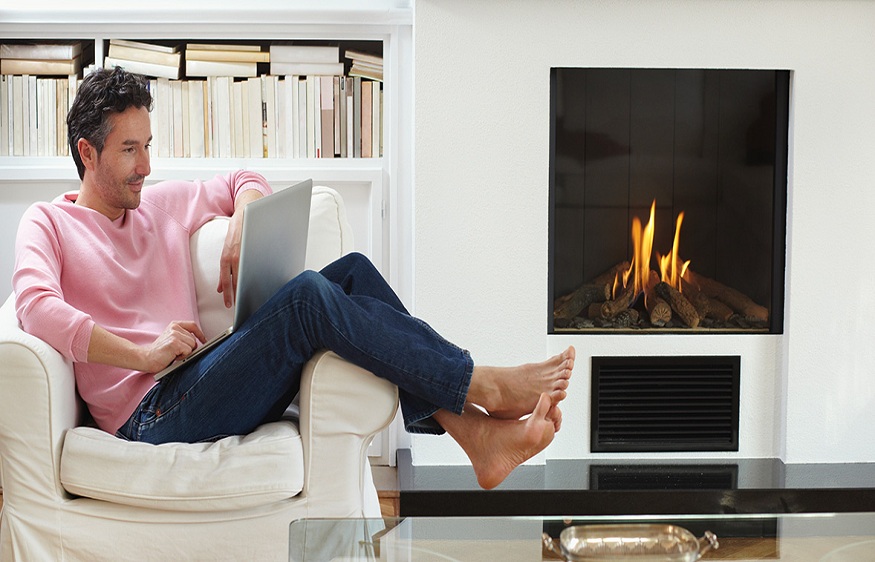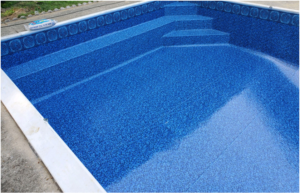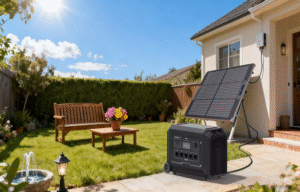tips to reduce your energy bills

Can you identify the different sources of energy consumption in your home? However, they are responsible for the monthly amount of your energy bill: heating, domestic hot water, lighting, ventilation, air conditioning, equipment and household appliances. Our experts present the various elements that influence your energy expenditure in order to be able to reduce their amount and become eco-responsible.
In summary :
Introduction
1 – Control your heating
2 – Use of sanitary water
3 – Lighting expenses
4 – Venting
5 – Air conditioning
6 – Use of equipment
Do you want to reduce your energy consumption? Observe your bills, identify consumption peaks and if you pay more than before: is it due to a harsher winter? Have your habits changed? To help you, keep in mind that your energy consumption depends on 6 positions. For each of them, here is the decryption of our experts.
Control the heating of your home
According to INSEE, heating accounts for 60% of French energy expenditure. The insulation of your building must make it possible to limit the loss of heat from your home. Nevertheless, a harsh winter will result in an increase in the consumption of your heating system . In this case, it is important not to overheat your interior and to cover yourself more at home. A regulation-programming system can also help you rationalize your heating to keep your home at the right temperature at the right time.
One degree more temperature means 7 to 10% more consumption on average on the amount of your energy bill! To limit your bill while ensuring good comfort at home, we recommend that you aim for an average temperature in your home of 19°C.
Ensure the use of domestic hot water
This is a very important item, representing half of your energy consumption. If your home is BBC ( low consumption building ) or designed according to the 2012 thermal regulations (RT 2012), this is often the biggest energy consumption item in your home.
However, it is up to you to reverse the trend: this high consumption depends only on your usage habits. For example, by favoring showers over baths, you will reduce your water consumption by 4 according to ADEME: by taking a shower for four to five minutes, you will use 30 to 80 liters whereas a bath can consume up to 200 liters.
Reduce your lighting expenses
Even if lighting represents the lowest share of energy consumption in homes, be careful not to waste it!
We advise you to use durable lighting devices such as LEDs or low-consumption bulbs which can allow you to consume 4 to 5 times less electricity than before.
A mechanical ventilation system , which allows the air to be renewed, operates constantly to promote better air quality in the accommodation. The consequence: it consumes energy!
The most widespread system is controlled mechanical ventilation (VMC) humidity sensitive, be sure to maintain it regularly so that it works properly. To go further, the double flow VMC uses the heat present in your home to preheat the air coming in from outside, thus limiting your heating bills.
Limit the use of your air conditioning
When your accommodation is equipped with air conditioning , be sure to use it sparingly during the high summer heat.
We recommend that you ventilate naturally , as soon as you can, to reduce this expense. For example, encourage drafts at night to cool your home. Prefer the use of a ceiling fan rather than air conditioning which consumes much more energy.
Control the use of your electronic equipment and household appliances
Nothing is provided for in the thermal regulations of 2012 (RT 2012), nor even in the energy performance diagnosis (DPE) with regard to the consumption of this equipment: fridge, washing machine, kettle, coffee maker, hi-fi , TV, etc. Appliances and electronic devices plugged into electrical outlets, however, represent a consumption of 50 to 80 kWhep/m2 per year .
Our advice
A very simple way to reduce this electricity consumption is to unplug your Hi-Fi and computer devices when you are not using them. If they remain on standby, they continue to consume! However, be careful with devices with programmable memory, switching off could cause you to lose the






